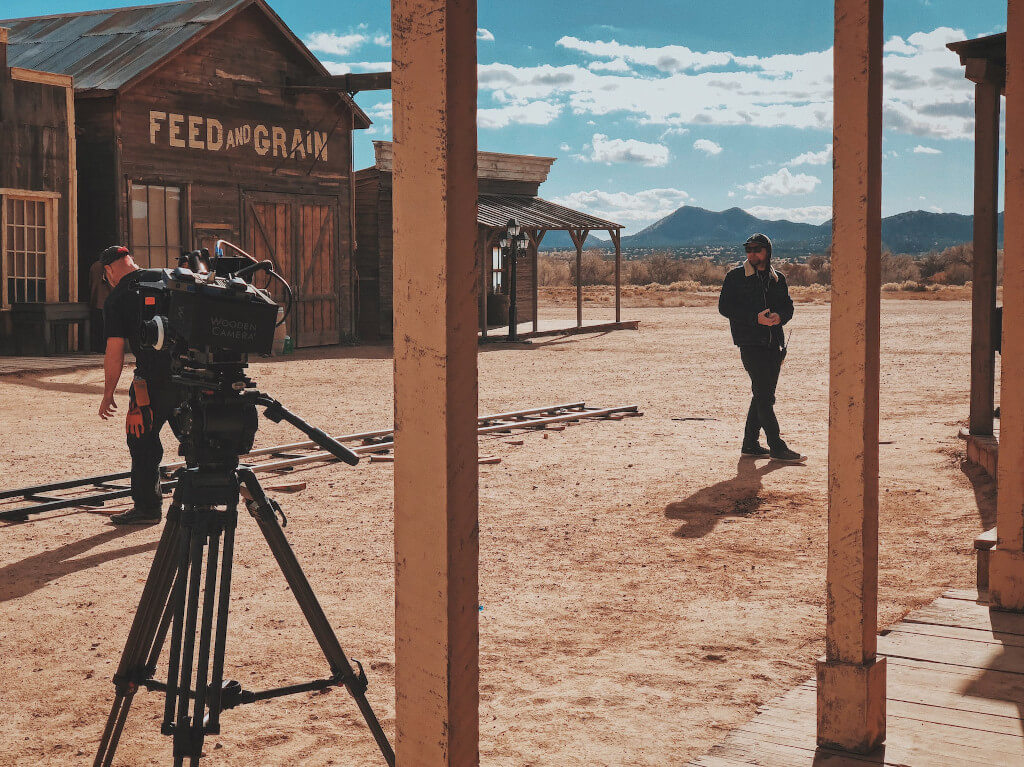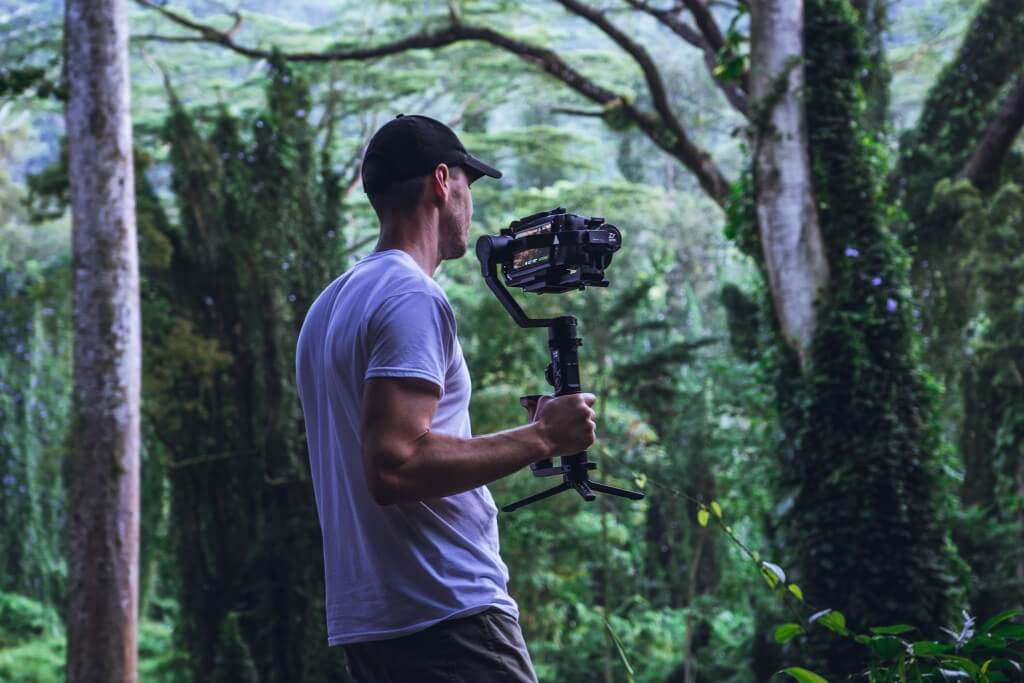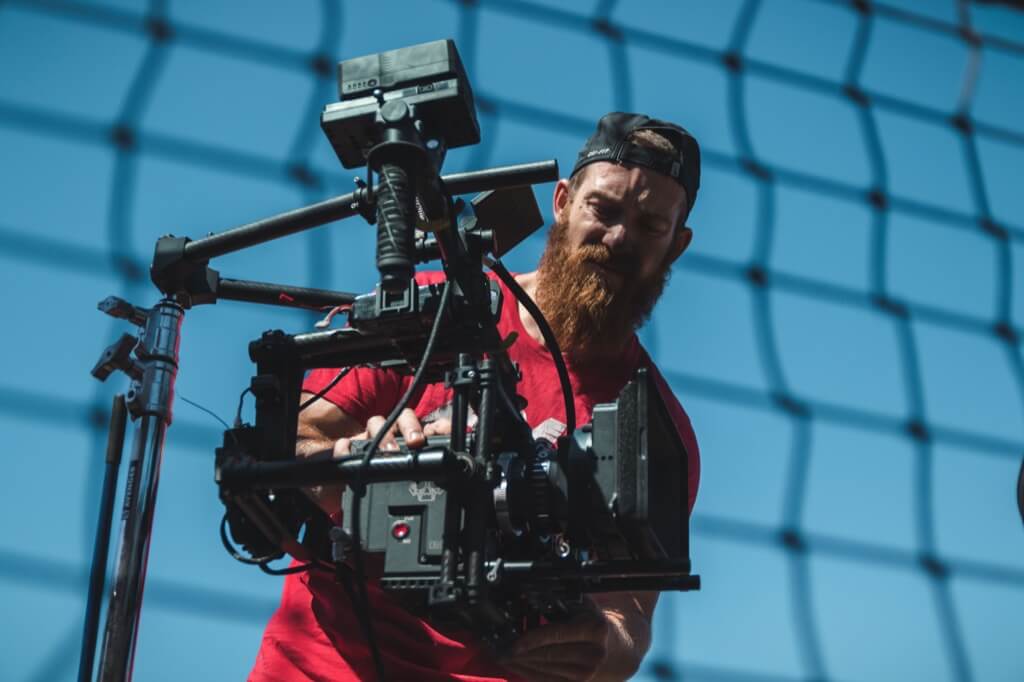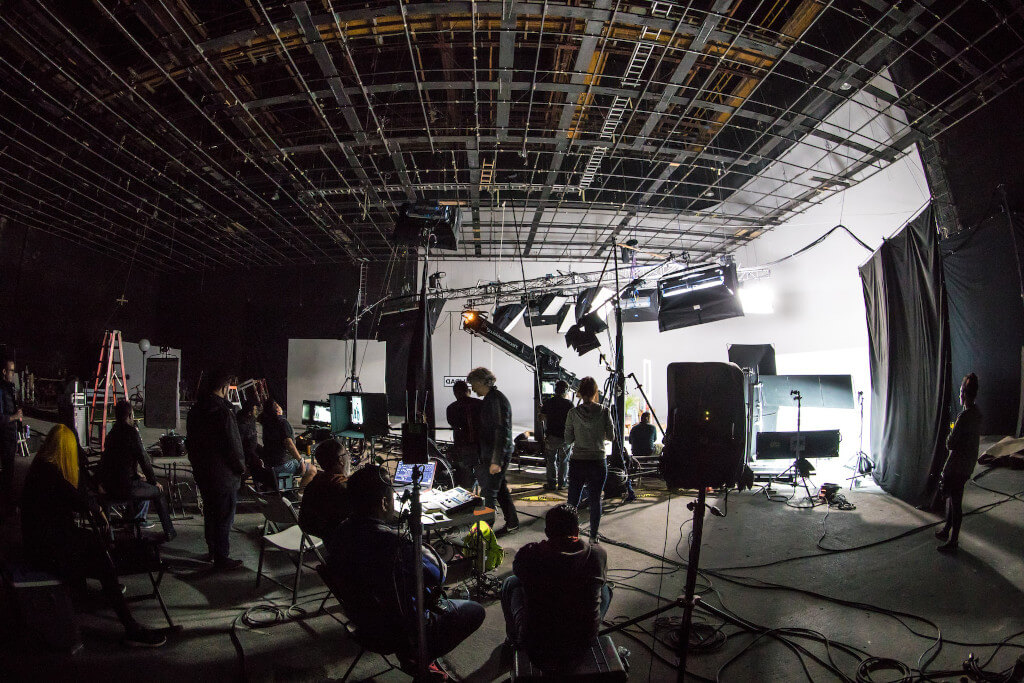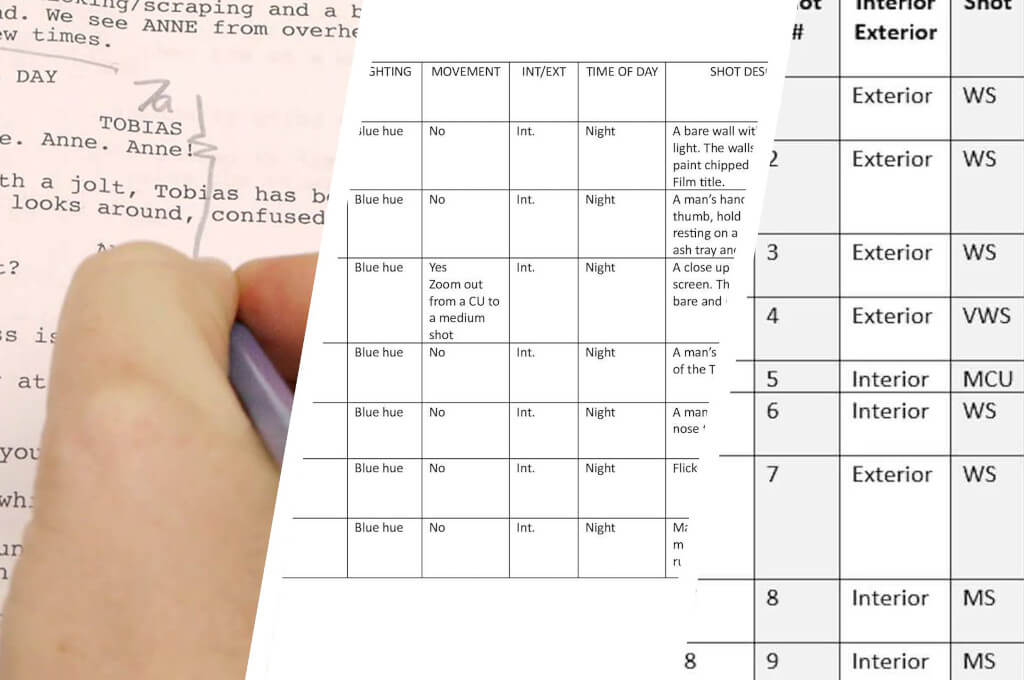Equipment, actors, and crew members all play important roles on a film set. There are many potential points of failure due to the complexity of the system. A film set is the epitome of Murphy’s law, with the potential for both equipment failure and personal injury. Here are some of the most typical issues that arise throughout production and suggestions for dealing with them.
Cast Members Are Running Late
Put that additional time to use in setting up. Use this time to rehearse with the remaining cast members, try out more elaborate lighting or camera setups, or shoot additional takes of sequences in which the absent actor is not essential.
Unpredictable Weather

Mother Nature is unpredictable and will certainly cause multiple production delays. It’s best to prepare as much as possible for bad weather. As a filmmaker, your ability to improvise in the face of setbacks might prove to be invaluable.
Learn to adapt to any climate, and always be prepared to safeguard your gear and supplies. Umbrellas, a lens hood, extra batteries, and camera sleeves are all good things to have on hand. Keep spare batteries on your person to soak up your body heat and give your camera 30 minutes to adjust to the cold before you use it.
Craft Services Were Forgotten or Depleted
Send an unneeded crew member to the nearest fast food restaurant or spring for delivery. You’ll have to accept this as a necessary evil if you want to avoid a hungry crew or, worse, hungry actors. You should aim to be more prepared in the future by stocking up on nonperishable foods in larger quantities than you now do. It probably won’t be the healthiest clever (please make an effort to feed the people). but it’s better than nothing.
Injuries and Mishaps on Set
The film industry is fraught with potential dangers to workers. While accidents can happen everywhere, the role that props, weather, and stunts play in a film’s production cannot be overstated. You may be strapped for cash, but the safety of your employees and yourself must come first.
It may seem wasteful to spend the money, yet mishaps occur even when people take all possible precautions. Accidents involving cast and crew can occur if cables are not properly secured or if explosives are not handled with care.
It’s better to be safe than sorry on set, where you may not have as much control as you’d like. Having insurance for your film’s production helps safeguard everyone involved. Your film can be insured in several ways, each with its premiums. Workers have put in a lot of effort, and resources have been invested, therefore it makes sense to safeguard the situation as much as possible.
Packing Your Car Full of Gear
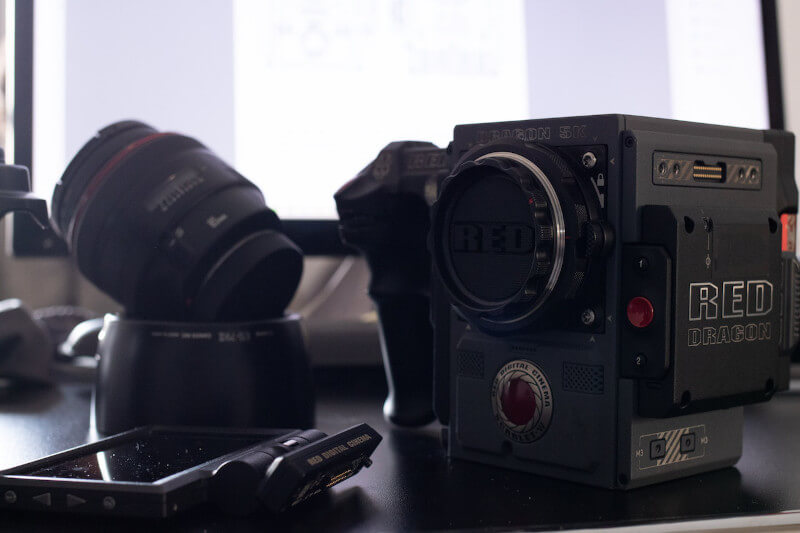
Making a movie requires a huge investment in tools and machinery. It’s costly and time-consuming to ship anything separately, so you might wish to move everything all in one go. A trailer is a great asset to any film crew since it provides secure transport of equipment between sets.
It may not be worth the potential problems that could arise from overloading your vehicle. You and those around you are placing yourself and others in danger if you drive a van that is too full to safely stop or manoeuvre. Vehicles that have been overloaded might suffer damage to the suspension system, which in turn affects the tyres, axles, and alignment.
Someone’s Gotta Bail Out Early
If you or your cast members have to leave early, rearrange the schedule so that their scenes come first. It may be necessary to film them from every angle when they are the only ones in the scenario and then to have someone else read their lines when you film the other characters. Sometimes, you’ll have to prioritise your shots and choose the very minimum you must do. The risk of low-budget filming is that you might have to forego a gorgeous but difficult set-up.
Limited or Unavailable Locations
Location may or may not have an impact on cost. Saving money through scouting can be put towards other production costs. With all the preparation that goes into making a movie, it’s easy to miss anything important or double-book yourself.
The success of your filming may be jeopardised, though, by factors beyond your control. Your months-ago booked venue may have accidentally been double booked, or it may have very limited availability.
Your time at the location is wasted because your lead actor has an emergency and can’t make it, or because a member of your team is late. So, how do you proceed? A fallback strategy would be invaluable in this situation. If you can, rework your scene to account for the unexpected lack of resources. Think of something else you can do with that time before getting back to the scenario you were working on before.
Unavoidable Delays in the Schedule

Productions always run behind schedule for various reasons, including but not limited to scheduling, location availability, cast and crew conflict, and weather. Make sure to account for delays and unforeseen costs in your plans and spending. Give yourself some wiggle room in case anything unexpected happens while filming, like an injury.
Don’t put unnecessary stress on your employees. The dangers of fatigue are real and present in the film industry. Provide areas for employees to cool off and recuperate, and stress the importance of putting one’s health above that of the company.
If more room is needed for filming, consider taking your time to break down the equipment. No matter how large your production is, you will likely have to reshoot certain scenes. The greatest method to get ready is to accept the reality that unexpected things are likely to occur and make preparations accordingly.
Absence of a Cast Member
Create a new shot list depending on the persons who are present on set, but already have a second set of sequences prepared to shoot. You may need to recast, depending on the extent of the cast member’s eventual excuse and the number of scenes you’ve already shot with them. All of us can be easily replaced. It’s possible to substitute a crew member or extra in their place.
Fixing Behind The Scenes Problems
Filmmakers need to learn to adapt quickly to unexpected situations. It can be difficult to deal with everyday issues, but with experience comes wisdom. Try to anticipate and prevent any problems, and respond to any that may develop with composure and cooperation.

